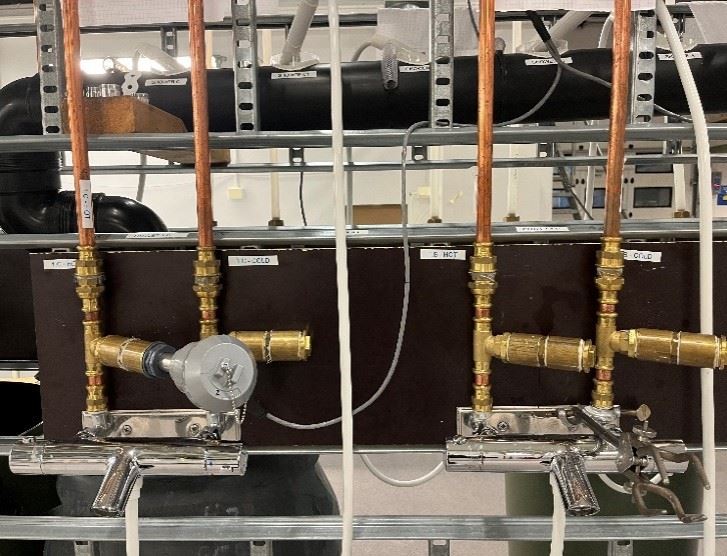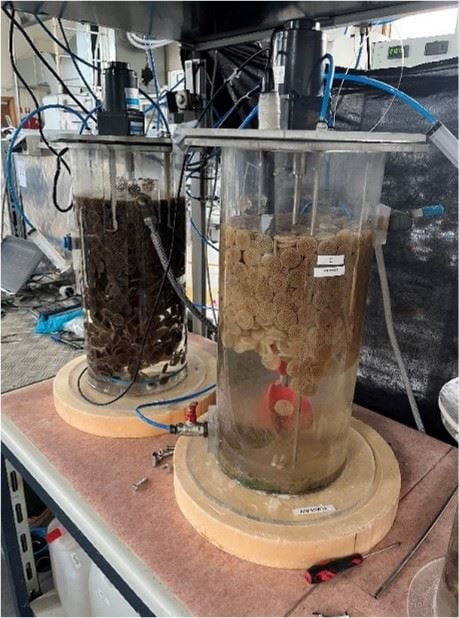SINTEF's unique multidisciplinary nature makes us well equipped to develop innovative and sustainable solutions within water and environmental technology. We offer research, consultancy, laboratory and field investigations as well as risk and vulnerability analyses.
We use the laboratory facilities and instruments to support R&D projects where analyses, tests and pilots are part of the water research activity. In addition, we develop and perform our own advanced water analysis aiming at problem diagnostics, and/or evaluation of a solution, with a significantly greater "value of information" than standard analyses.
We have a strong understanding of the water treatment processes and therefore can give, in the scope of projects, recommendations for solutions based on the analysis and tests that are conducted. We are involved in projects with actors from both the public and private sector.
Our laboratory facilities and equipment give us the possibility to work with a wide range of topics linked to water. Some of these are:
- Bacterial growth: We can combine BDOC, AOC and Bacterial growth potential analyses to get valuable information about biological growth within water distribution systems or at the DWTP.
- Water quality assessment: Organic carbon analyses can give us relevant information on the composition of the water studied. TOC and DOC water content can be characterized to determine its reactivity (including quality and composition), source, and potential significance in its ecosystem. Characterization is done via absorbance (spectrophotometry) and fluorescence.
- Membrane autopsy is performed to characterize the fouling layer in membrane elements applied in different water treatment applications. Membrane elements are opened, the condition is documented through photos and visual evaluation, and samples are taken for further characterization of the fouling layer through microscopy and chemical analysis. Screening of efficiency of a range of cleaning solutions on the fouling layer can also be performed. In addition, permeability tests can be performed on membrane samples to evaluate the effect of the fouling layer on the performance of a given element and the efficiency of cleaning solution(s) under operational conditions.
- Particle characterization can be used in projects studying coagulation and sedimentation. We can characterize the particle size in the water and simulate their sedimentation under different conditions (mixing, coagulant, etc.) to propose the best coagulation/sedimentation configuration for your water.
- All these methods can of course be complemented with standard water analysis (pH, conductimetry, turbidity, dissolved oxygen, colour, etc.).
The laboratories are also adapted to build project-specific rigs. For example:
- New applications of bioreactors
- Membrane-based processes
- Advanced oxidation processes
- Innovative technologies for water treatment (municipal, from process industry, from aquaculture, purification of surface water, etc.).



